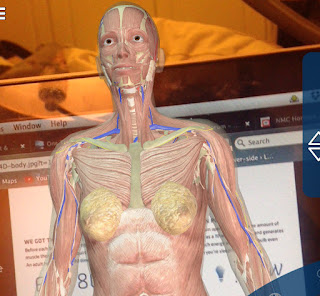Recently we had two visiting librarians from Malta at work. When it came time for them to leave one suggested adding me as a friend on Facebook. The other said she didn't really use Facebook but she checked in every now and again. However when the first girl tried to find me she couldn't locate me - my settings are so strict that one has to be a friend of a friend to find me. It was easier for me to friend her.
When I first started using Facebook I was a regular user but now I mostly use it to check in with one group of friends.
On the other hand my Twitter account is completely open but...I use it for a mixture of personal and professional purposes whereas my Facebook is pretty much for personal use bar the Facebook groups that relate to work...
Apps
I try not to think about what I'm sharing with the world. In general my locations settings are off and unless I'm using the app on a regular basis I've turned off its photo sharing abilities. Sorry Prisma.
I never realised there were ratings for apps, not unlike there are ratings for films. I guess that's what happens when you download library related apps - pretty general really.
I think I'm part of the generation where I'm really reluctant to using mobile banking. I'll log-in to my account via a browser on my iPad but only on my own home wifi. Is that safer than the bank's own app? I'm not sure but I log out each time on the browser and I don't know if I'd do it with the app considering I don't do it for the other apps.
The one app that I love when I travel in the UK is The Cloud. Without life would be that much harder!
How many apps? Well if I could get rid of the iOS ones that I don't use I'd be that much better off but while I can delete them from the screen they don't disappear from the phone. What I didn't like was when Health was installed it started tracking me automatically. Thank you to the person on Twitter who told me about that.
Phone Security
I had never hard of an IMEI number - learn something new every day!
Bonus Thing 4: About.me
How long has it been since I saw me last? Apparently long enough for about.me to have changed quite a bit! My name and interests are still the same but now it asks why do I have an about.me account. The downside - there's no back button. I had a really nice black and white account with good photography in black and white and now it's as if it's an extension of my Twitter account which is good in one way and not in another. Where is the exit button? I keep being asked questions!
 |
| My About.me page |






















